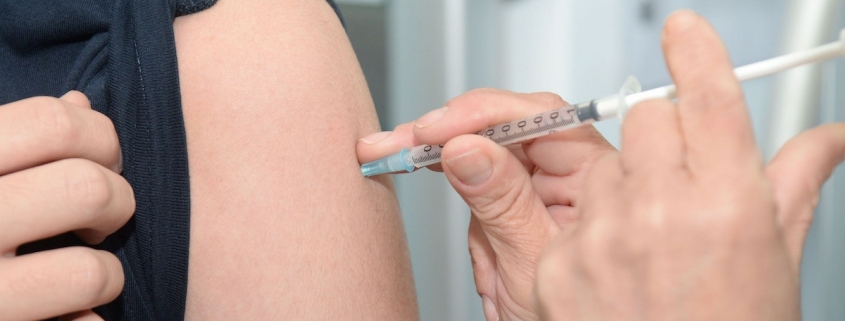EMR Strengthen Vaccine Safety Monitoring In Seizure Study
Intelligent use of electronic health records—even those collected from multiple health systems—can alert providers to harmful medical practices.
That’s how Kaiser Permanente’s analysis of 459,000 pediatric health records revealed that young children who received the combo MMRV (measles, mumps, rubella, varicella) vaccine experienced twice the rate of febrile seizures as did children who received two separate shots—one for measles, mumps, rubella and the other just for varicella.
“This study shows the tremendous power of electronic medical records to improve vaccine safety monitoring,” says Nicola P. Klein, MD, co-director of the Kaiser Permanente Vaccine Study Center.
She adds that with either type of vaccine, the risk of a child having a seizure and a high fever as a result is very low, but it’s important that parents know that risk so they can have informed discussions with their doctors about whether the combination vaccine is worth the risk.
For every 10,000 children given MMRV instead of MMR +V, there was an additional 4.3 seizures during the seven to 10 days following vaccination.
The finding, published in today’s edition of the journal Pediatrics, prompted the Centers for Disease Control and Prevention last month to change its vaccine guidance to one that favored the MMRV over MMR plus V.
“Unless the parent or the caregiver expresses a preference for MMRV vaccine, CDC recommends that MMR vaccine and varicella vaccine should be administered for the first dose in this age group (between 12 and 47 months of age),” the CDC said in a May 7 issue of the Morbidity and Mortality Weekly Report .
Cheryl Clark, for HealthLeaders Media, June 28, 2010




Leave a Reply
Want to join the discussion?Feel free to contribute!